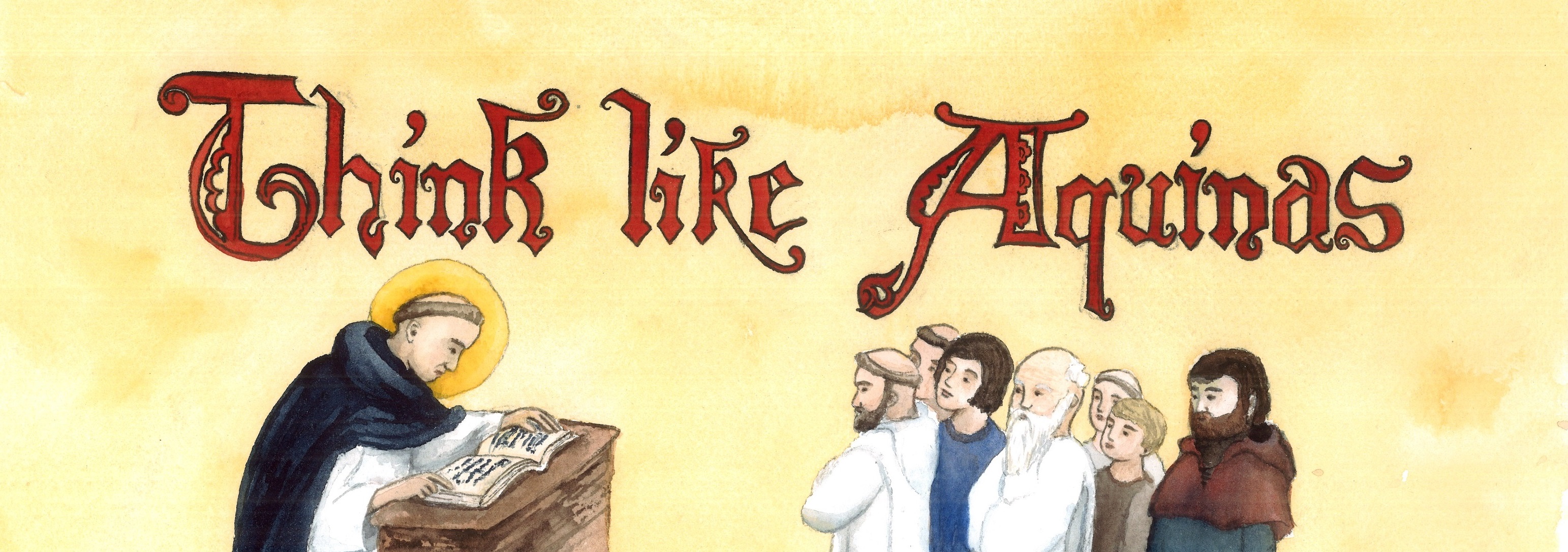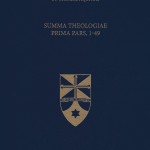Article 3 asks whether theology is one. This is closely related to asking whether theology exists at all, because to the degree that a thing is, it is one. In St. Thomas’s view, the key is to say that theology has just one formal object, namely “the divinely revealable.”
If you put that into everyday English, the formal object of theology is “whatever God might tell us.” That sounds kind of loosey-goosey at first, because it wouldn’t work in most situations: I can’t have a science or kind of knowledge defined as “whatever Suzy might tell me.” But there are a couple of differences between “whatever God might tell me” and “whatever Suzy might tell me.”
One reason “whatever Suzy might tell me” doesn’t pass muster as a formal object of knowledge is that my relationship with Suzy is not just one thing to begin with. At various stages Suzy might relate to me as a library lady, as a legal witness, as a friend, as a girlfriend, and on and on, and even at one time Suzy might relate to me in various ways. Every time my relationship with Suzy changes, “whatever Suzy might tell me” changes along with it. Suzy and I are in a big pool of people who may or may not relate to each other, who may relate differently at different times, and whose relationships are always complicated.
Not so with God. I am already in a definite and stable relationship with God by the simple fact that he created me and sustains me in being, and whatever further relationship I may have with him will build on this first one. Consequently, we can say quite a bit about “whatever God might tell me” even before we consider what he has actually said.
The very fact that God has told us anything at all is something we could not discover by reason alone; that revelation exists is itself one of the things revealed. And the very fact that God has told us something tells us something about God, namely that he wants to tell us something. In other words, the very fact of revelation says something about God’s inner desires that we could not know about him by reasoning from nature; any revelation at all is a statement about God’s interior life.
This brings us to a second difference between Suzy’s disclosures and God’s revelations. Suzy gets her knowledge from all over the place: she reads the paper, she Googles things, she hears rumors at work, she thinks about her own experience, and she goes to school, and on and on. When Suzy discloses something of her mind to me, she is passing on some part of a patchwork. But as St. Thomas will argue later, everything God knows, he knows by knowing himself. No matter what God might tell us, he will be telling us something about himself, something he knows by gazing on his own being.
Because God’s knowledge is itself one in kind, and because it comes to us in the context of a definite relationship, St. Thomas can define theology briefly in the reply to objection 2 as quaedam impressio divinae scientiae, “an impressed mark of the divine science.” This brief but penetrating definition of theology will be handy in the articles coming up.






Please note: I reserve the right to delete comments that are offensive or off-topic.